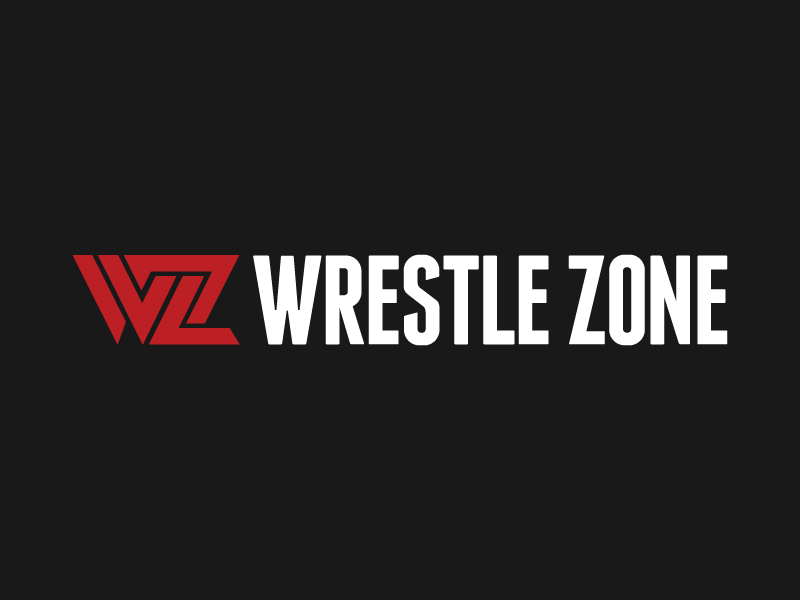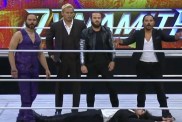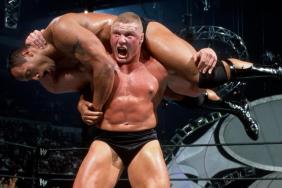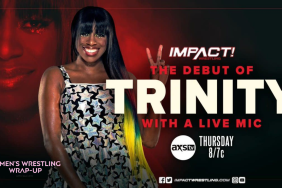My latest column for the Pittsburgh Tribune-Review talks about what most people don’t realize goes into being a ring announcer and their responsibilities.
I talk about that, how a great one just retired and how he pulled the best rib to date on me. The following is an excerpt:
The ring announcer at a professional wrestling event never gets enough credit.
Probably because most aren’t aware of how instrumental and valuable a good ring announcer can be to a show.
In WWE, it can be the soundtrack to a great entrance or title changing moment in history. The legendary Howard Finkel would draw out the word “Neeeeeew” when announcing a title change and is one of the first wrestling memories I have. In WWE, the job now is more straightforward. A ring announcer in WWE typically has less responsibility than they might have had elsewhere, but are expected to be sharp and at their best for 300 shows a year.
You don’t really notice a good ring announcer until you have a bad one.
I have to give credit to Tony Chimel. Not only has Chimel been one of the ring announcers in WWE for over 20 years, he also has been leading the ring crew to getting the 20-by-20 squared circle set up.
But if you really want to appreciate a ring announcer, go to an independent wrestling show. It’s there you can find a ring announcer who is hosting your evening. In addition to announcing the participants in the match, they are plugging the sponsors and engaging the crowd.
They also often act as a lost and found. When ring gear accessories get taken off after a performer’s entrance or discarded during a match, the ring announcer usually assumes the responsibility of making sure someone in the front row doesn’t get a free souvenir.
They also can be coordinating other aspects such as music, the title belts in the match and the ring bell. It all depends on the particulars of the operation of that specific show.
The most crucial and common unseen role is keeping time. This often can fall to the ring announcer to keep communication with the referee and performers as to how much time they have left or has gone by in their match or segment. This way what’s supposed to be 10 minutes doesn’t turn into 20 or 25.
In WWE, the referees have what are known as IFBs—ear pieces allowing a producer in the back to communicate with them regarding timing and anything else. Independent wrestling doesn’t typically commit to that technology. It’s usually more primitive.
If the independent company has television airing their product, the timing of their matches becomes more important. The ring announcer can use signals to give the referee or wrestlers time cues. Other times, the ring announcer will announce on the microphone when 5 or 10 minutes has gone giving everyone in the ring a reference point.
What really good announcer just retired and the big joke he pulled on me. CLICK HERE TO READ IN THE CONCLUSION OF THE COLUMN.








